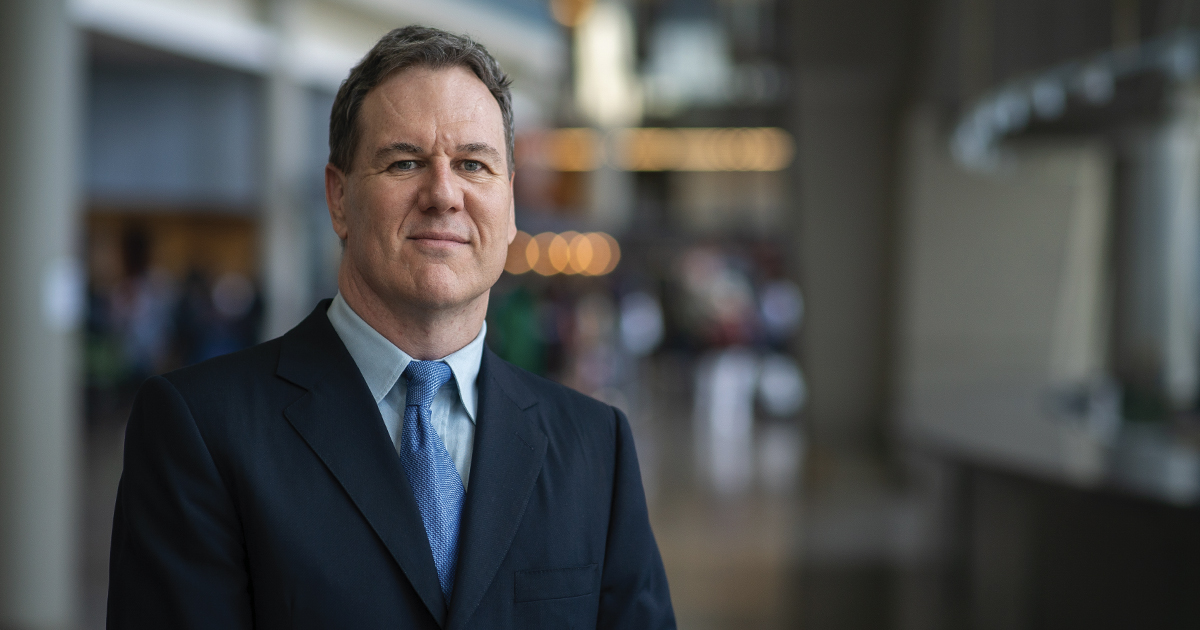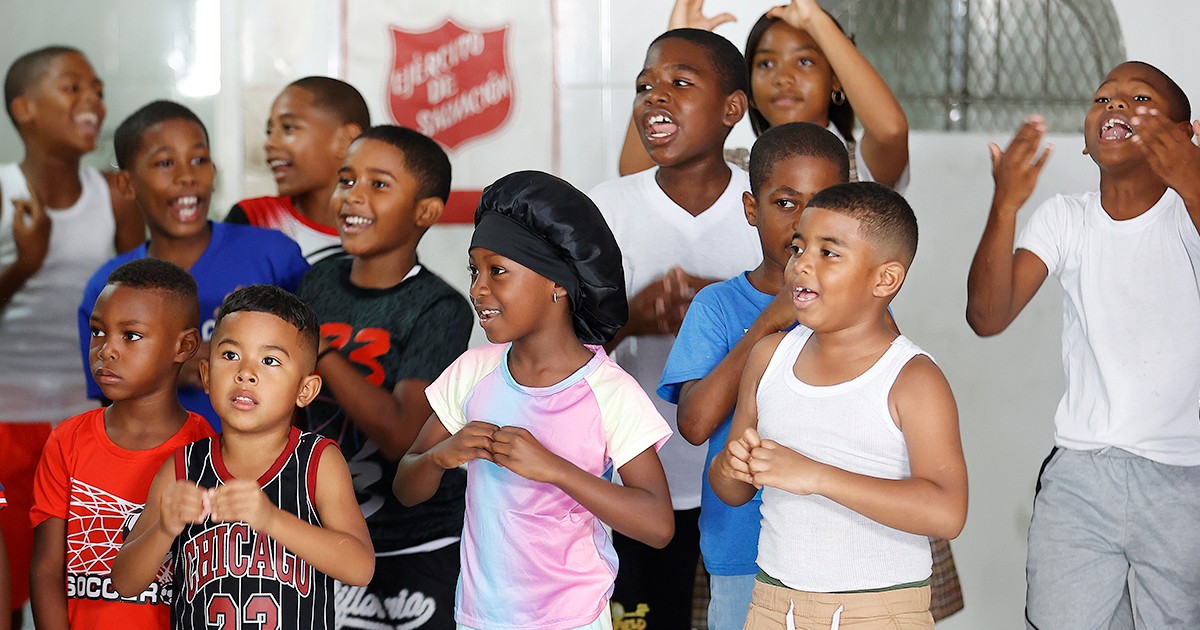“When my cell gets cracked open, I’m going to come over to yours and kill you!” Frankie said in a voice loud enough for everyone in the cellblock to hear.
As a fellow inmate at Kingston Penitentiary in Ontario, I knew that this wasn’t an idle threat. I had been handing out dinner trays and one word had led to another. Evidently, whatever I had told him had crossed the line of acceptable insults at a maximum-security prison.
The entire range had gone silent. Because of his status inside and whatever code he lived by, everyone knew that Frankie was now obligated to at least try to kill me.
Once our cell doors were opened for shower time in the next few minutes, I faced the reality that nothing good was going to happen to me. I would either win the fight against this younger and larger prisoner, resulting in more prison time being added to a sentence that would keep me away children, or, more likely, I would be severely injured, maimed or even killed.
Easy Money?
Kingston Penitentiary was the last place I ever thought I’d be when I started my first day as an articling student waiting for a tour of a large downtown law firm in Toronto.
While I was waiting, I saw another summer student wearing Formula One white leather driving shoes. I asked him what he was doing and he mentioned that he was having a car delivered that he had purchased from a deal he was working on. Now, I knew that he couldn’t afford that type of car on the salary near what I was about to make so I took that to mean he’d made money on insider trading. I called my best friend, who was working at another firm, and told him what I had seen, and we both decided to try it.
Within two years, we were making millions of dollars. By then, I’d moved to New York City, trading stock full-time and setting up accounts all around the world.
If I had never seen that student, I would never have gotten into it. My plan was always to attend law school, finish at the top of my class, and then work at a prestigious downtown firm. And that’s the path I was on … until that day.
But that conversation led down a slippery slope to a decade-and-a-half career of insider trading in Canada and the United States, churning through tens of millions of dollars and the tragic death of my best friend and co-accused, who committed suicide the day before we were to fly to New York City to plead guilty. Career, money, relationships, all went up like smoke. It’s something I regret to this day.
But on that day in Kingston Penitentiary, before my cell was cracked open, I realized my life was about to end in the next five minutes.
Close Call
I had never been much of a religious person but, faced with a dark reality, I prayed like I had never prayed before. Being a lawyer, my prayer became more of a negotiation with God than one for help.
“God,” I said, “if You could help me get through this, I promise to take some good from the bad of my experiences, help other people and make an unselfish act of the rest of my life if You could get me back to my children unharmed.”
Immediately after I whispered that promise out loud, I heard an explosion of metal—doors opening—followed by the sound of feet stomping fast and hard toward my cell. I prepared myself for the fight-to-be when a group of correctional officers ran frantically past my cell.
After I caught my breath, I pushed my face against my cell’s bars to look down the hall to see what was going on. As I did, I saw two correctional officers with an inmate strapped to a stretcher. It was Frankie, the inmate who had threatened to kill me and who would have tried to in the next few minutes. He’d had a seizure! The guards carried him away from my life forever, never to be seen again.
My life had been saved.
Keeping My Promise
From the moment I made that promise to God, to do things to help others, events occurred at a dizzying pace. Within a week, I had a parole suspension hearing—the chaplain told me I was only the second person in five years to win a judgment—and less than a week after that, I was back in Toronto playing with my children.
I kept my promise. I helped create a documentary on my life, Collared, on the prevention of white-collarcrime through a focus on its unintended victims. I’ve spoken to schools and church groups, corporations and professional bodies. My default position is that if I can help even one person, out of the thousands of people who have heard me speak, it will be worth it.
Through my talks, I was referred to Restorative Justice Housing Ontario, which is a charity I work for as its founding program director. We assist former prisoners by providing safe, affordable housing. This gives them the stable foundation they need to become positive members of their communities. It also leads to lower rates of re-offence and safer neighbourhoods.
My life was about to end in the next five minutes. JOSEPH LAUREN
This is where The Salvation Army comes in through their system of halfway houses and referrals of those who have just been released from prison. It’s an incredibly vibrant organization that deals with people no one else cares about.
Juliane Martin, a chaplain with The Salvation Army at Bunton Lodge/WP Archibald Centre in Toronto, a halfway facility for ex-offenders, is one of those caring people. As a facilitator and administrator, she meets with our potential clients and ensures they are committed to reform. She makes my life a lot easier.
I don’t know how we would function without her and other Salvation Army pastors.
I could be bitter about my life, everything that led to my incarceration and what I lost, but I’m very appreciative about where it’s led me, who I have interacted with and how I’ve been able to give back to different people and society to try to make amends. I can’t change what happened, but I can at least try to continue to take some good from the bad, and, in so doing, keep the promise I made to God.
This story is from:










Leave a Comment